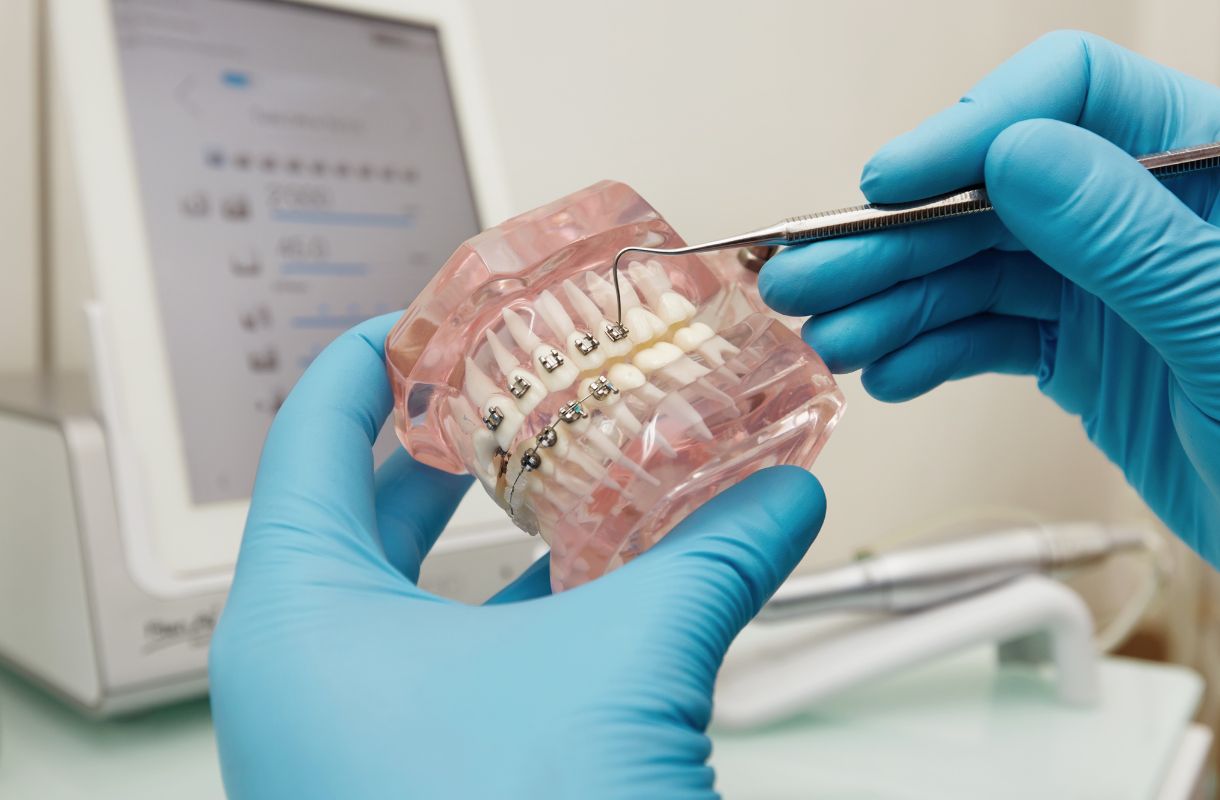What is a
Apicoectomy (Root-End Surgery)?
Apicoectomy, commonly known as root-end surgery, is a specialized dental procedure performed to save a tooth that has not healed properly after a conventional root canal treatment.
What is an Apicoectomy?
An apicoectomy involves the surgical removal of the tip of the tooth’s root (the apex) along with any infected tissue surrounding it.
This procedure is typically recommended when a tooth has persistent infection or inflammation after a root canal, and retreatment is not an option. The goal is to eliminate infection and seal the root end to prevent further complications.
Indications for Apicoectomy
Apicoectomy may be necessary for several reasons:
- Failed Root Canal Treatment: If a tooth remains symptomatic after a root canal, an apicoectomy can address issues that were not resolved during the initial treatment.
- Undetected Canals: Sometimes, additional canals may exist that were not identified during the root canal procedure, leading to reinfection.
- Fractured Roots: If the root of the tooth is fractured, an apicoectomy can help treat the damaged area.
- Infected Tissue: The procedure allows for the removal of inflamed or infected tissue around the root tip, promoting healing.
The Apicoectomy Procedure
The apicoectomy procedure generally involves the following steps:
- Preparation: The dentist will take X-rays to assess the tooth and surrounding structures. Local anesthesia is administered to numb the area.
- Incision: A small incision is made in the gum tissue above the affected tooth to expose the bone and root.
- Removal of Infected Tissue: The dentist removes the infected tissue and the tip of the root.
- Root-End Filling: A biocompatible material is placed in the root canal to seal it and prevent reinfection.
- Closure: The gum tissue is sutured back in place, and the area is allowed to heal.
Recovery After Apicoectomy
Post-operative care is essential for a smooth recovery. Patients may experience mild discomfort, swelling, or bruising, which can usually be managed with over-the-counter pain relievers.
It is important to follow the dentist’s instructions regarding oral hygiene and dietary restrictions during the healing process.
Considerations for Apicoectomy
Apicoectomy is often performed using advanced techniques and technology, which can enhance the success rate and comfort of the procedure:
- Microsurgical Techniques: The use of a dental operating microscope allows for better visualization of the root and surrounding tissues, improving precision during the surgery.
- Ultrasonic Instruments: These instruments can help clean and prepare the root end more effectively, reducing the risk of complications.
- Biocompatible Materials: The materials used for sealing the root end are designed to promote healing and integrate well with the surrounding bone.
Success Rates of Apicoectomy
The success rates of apicoectomy are generally high, with studies indicating a success rate of 85-95% when performed using modern techniques.
Factors influencing success include the skill of the dentist, the condition of the tooth, and the presence of any complicating factors.
Cost of Apicoectomy in India
The cost of an apicoectomy in India can vary based on several factors, including the complexity of the case, the location of the dental clinic, and the experience of the dentist.
The average cost of apicoectomy in India ranges between ₹3,000 and ₹15,000.
FAQs
Is an apicoectomy better than a root canal?
An apicoectomy is a secondary option when a root canal fails to resolve infection at the root tip, serving a different purpose than a root canal.
What are the disadvantages of apicoectomy?
Disadvantages include its surgical nature, potential complications, longer recovery times, and higher cost compared to a standard root canal.
Is apicoectomy painful?
Apicoectomy is usually not painful due to anesthesia, but some swelling and tenderness can occur post-surgery, manageable with pain relief medication.
Does apicoectomy require stitches?
Yes, an apicoectomy typically requires stitches to close the incision made in the gum tissue, which are usually removed within a week or dissolve on their own.
Do gums grow back after an apicoectomy?
Yes, the gums generally heal and grow back after an apicoectomy, although the healing process may take several weeks with proper post-operative care.
Endodontics
Get In Touch With Us
Call us
+91 9676100045 - Punjagutta
+91 7702425551 - Hitech City
+91 7702425551 - Hitech City
Email us
reception@smiline.com
Book An Appointment
Book a visit to Smiline, simply fill out the form below and we will contact you back regarding the intervention you require.



